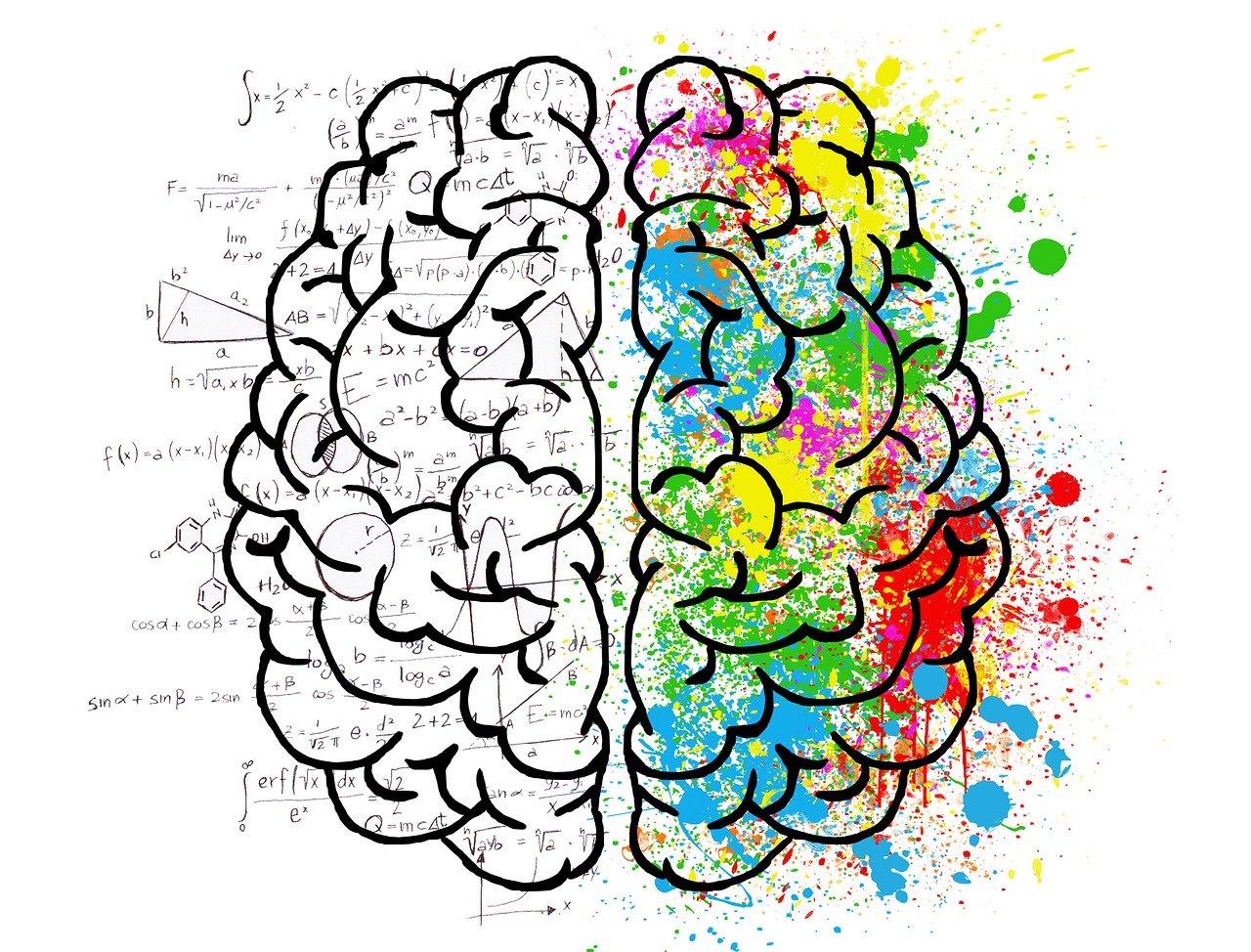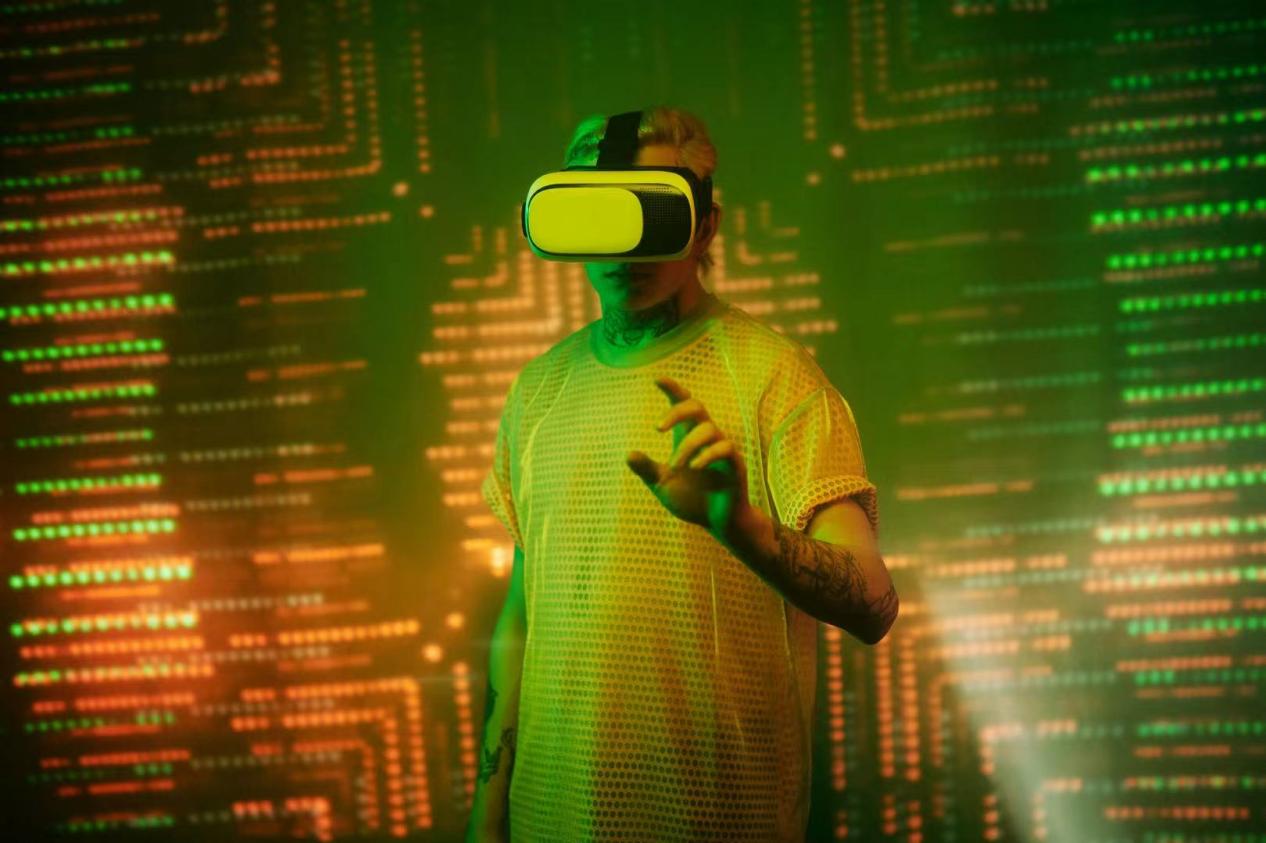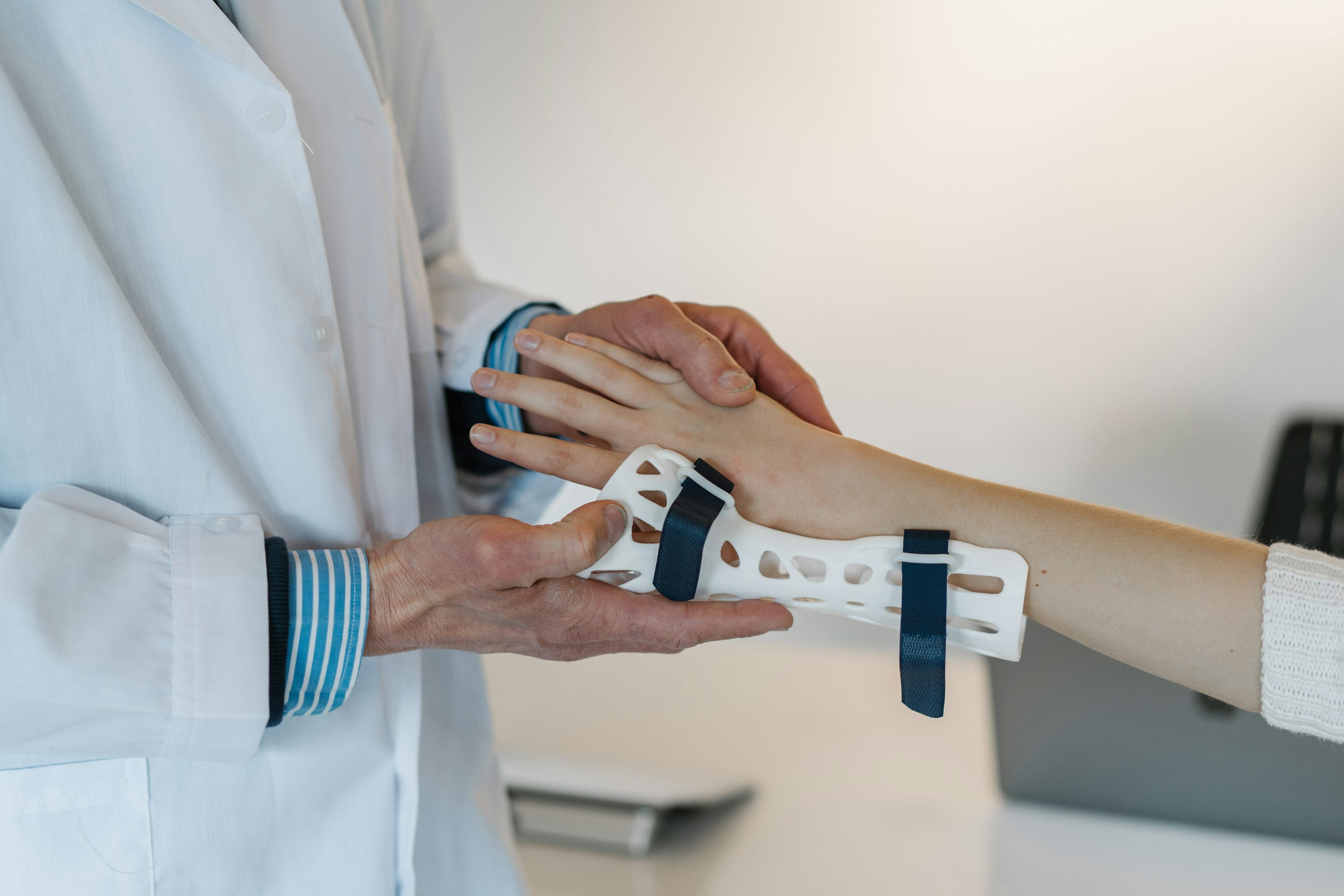Beyond the Hype: Is Tech the Brain's Friend or Foe in Later Life?
The digital age has profoundly reshaped our lives, and with its pervasive influence comes a natural anxiety about its effects, particularly on our cognitive health as we age. Concerns like "digital dementia," "brain rot," and "talent drain" frequently surface in public discourse and on social media, painting a picture of technology as a silent, insidious threat to our minds. It’s like a modern-day cautionary fable, warning us that too much screen time will inevitably dull our cognitive edge.

However, fascinating new research emerges to challenge this widespread fear, suggesting a surprisingly different narrative. Instead of accelerating cognitive decline, greater technology use among older adults appears to be associated with a lower risk of it. One extensive review pooling data from over 411,000 adults found that increased tech engagement correlated with a remarkable 42% lower risk of cognitive decline. Another study involving over 400,000 adults showed a 58% reduced risk of cognitive impairment associated with digital technology use. These findings offer a compelling counter-argument to the popular narrative, positing that for many, technology isn't a cognitive poison, but potentially a protective ally.
So, why might this be the case? The analysis delves into the "why" behind these statistics, suggesting several potential mechanisms. Firstly, engaging with technology is often a cognitive workout. For the current generation of older adults, who encountered computers, the internet, and smartphones later in life, adapting to ever-changing software updates, troubleshooting glitches, or navigating new interfaces presents continuous, albeit sometimes frustrating, mental challenges. Think of it like cross-training for the brain – constantly learning and problem-solving keeps those neural pathways active and robust. As one researcher put it, grappling with technology, even with frustration, might be a sign you're exercising your brain.

Secondly, technology serves as a powerful engine for social connection. Loneliness and isolation are well-documented adversaries of cognitive health in later life. Tools like video calls, email, and instant messaging act as digital bridges, effortlessly connecting older adults with family and friends across distances and generations. This ease of interaction helps maintain vital social networks, significantly reducing feelings of isolation. Imagine technology weaving a dynamic social safety net, supporting cognitive function by keeping people connected.
Furthermore, technology can provide a form of "digital scaffolding". As some cognitive functions may naturally decline, digital tools like reminders, GPS navigation, or online banking can help maintain independence in daily tasks. This support system allows older adults to function more effectively even with some cognitive changes, potentially delaying a diagnosis of dementia. It's like having a helpful co-pilot, providing just enough support to keep navigating independently.

While acknowledging potential pitfalls like distraction, the overall picture painted by the research for this generation of older adults is positive. For those of us in the 20-50 age range, these insights offer valuable perspectives. Firstly, they challenge us to re-evaluate our own assumptions about technology's long-term cognitive impact. Secondly, they provide a practical takeaway: encourage the older adults in our lives to embrace technology. Start simple, be patient, and recognize that the effort to learn a new app or send an email isn't just about convenience; it might be a meaningful investment in their cognitive resilience. In a world grappling with millions of new dementia cases annually, understanding technology's potential protective role is a crucial step. It shifts the focus from fear to opportunity, highlighting technology not just as a tool for youth, but as a potential ally for vibrant aging.
(Writer:Seli)





